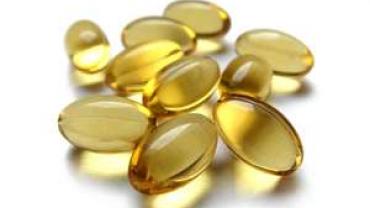
There has been controversy regarding the need for vitamin E and how much we really need. A recent study recommends that adequate amounts of vitamin E are especially critical for infants pregnant women and the elderly.
Vitamin E is one of the most difficult vitamins to obtain through diet. It is estimated that only a small percent of Americans consume enough dietary vitamin E to meet the recommended daily allowance which is typically much lower than optimal amounts.
On the other hand some experts have raised unnecessary alarms about excessive vitamin E intake when most people obtain insufficient amounts in their diet.
Many people think that vitamin E deficiency never occurs yet it is very common both in the United States and around the world. Some of the results of insufficient intake are not very noticeable such as its impact on the nervous system and brain development or general resistance to infection.
Great dietary sources of vitamin E include spinach wheat germ and sunflower oil as well as nuts and seeds.
In a review of multiple studies published in Advances in Nutrition researchers outlined some of the recent findings about vitamin E. The two most important findings are:
Additional findings from these studies include:
While vitamin E is important all throughout our lives proper intake through diet and supplementation appears to be of utmost importance for our very young as well as our elderly population.